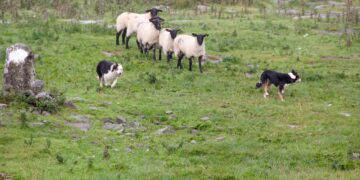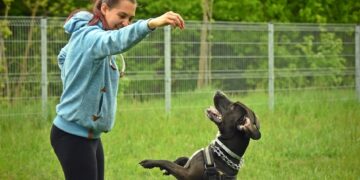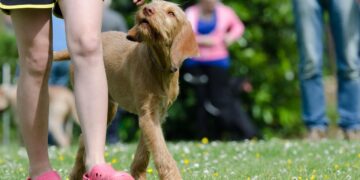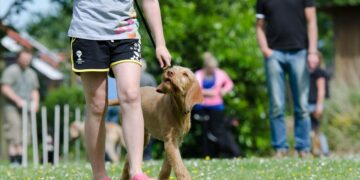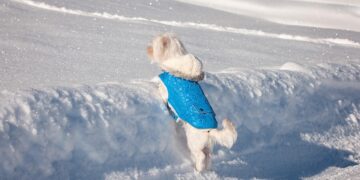From Puppies to Seniors: Age-Appropriate Dog Tips and Facts for Every Stage
Dogs bring untold joy, companionship, and a bit of rowdy fun into our lives. Watching your furry friend grow from a playful puppy to a dignified older dog is a journey filled with many rewarding challenges. Understanding and responding to the unique needs at various life stages of your dog ensures they stay healthy, happy, and active throughout their lifespan. Here’s a comprehensive guide to help you navigate every phase of your dog’s life.
Puppy Stage: Birth to 1 Year
Understanding Puppy Needs
Puppies are full of energy and curiosity. This stage is crucial for development and sets the foundation for their health and behavior. Puppies require a lot of attention, early socialization, training, and suitable nutrition to thrive. They typically need to eat more frequently than adult dogs — consider feeding them high-quality puppy food in three to four small meals per day.
Training and Socialization
Begin training early to help your puppy develop good behaviors. Teach basic commands like sit, stay, and come. Socialization is also crucial from a young age; expose your puppy to different environments, people, and other animals to help them become well-adjusted adults. Additionally, puppies undergo vaccination series during this stage to protect them against various diseases.
Junior Stage: 1 to 2 Years
Transitioning to Adult Dog Needs
As your dog transitions from a puppy to a junior, their calorie needs may decrease, and you should adjust their diet accordingly. Regular exercise remains crucial, but gauge their limits to avoid joint stress. This is also a time when some dogs might test boundaries, so consistent training is key to reinforcing good behavior.
Health Checks and Grooming
Continue with regular veterinary checkups. Depending on your breed, some might need early screening for genetic disorders. Grooming habits established in the puppy stage should be maintained, including regular nail trimming, ear cleaning, and dental care to prevent future health issues.
Adult Stage: 3 to 6 Years
Maintaining Optimum Health
In their prime adult years, dogs require ongoing support to maintain their health. High-quality dog food, continued exercise adjusted for their size and energy level, and mental stimulation to keep them sharp are important. Keep engaging with activities like hiking, advanced training modules, or agility classes.
Preventative Care
This is the stage to solidify preventative care habits. Regular checkups are crucial to catch any signs of health issues early. Discuss with your vet about ongoing vaccinations, flea control, and heartworm prevention. Maintain dental hygiene practices as dental issues can lead to other serious health problems in dogs.
Mature Stage: 7 to 10 Years
Adjusting for Slower Pace
As dogs enter their mature years, they may slow down and their dietary needs can change. They might require food that is easier to digest and low in calories if they are less active but still fulfilling all nutritional requirements. Monitor their weight to prevent obesity, which can add stress to their aging joints.
Health Monitoring
Increased vet visits might be necessary. Regular blood work can monitor liver and kidney function, and keep an eye on other vital health markers. Be observant for any changes in your dog’s routine or behavior that might indicate discomfort or health issues, such as reluctance to exercise or difficulty climbing stairs.
Senior Stage: 10+ Years
Caring for the Aging Dog
Senior dogs need your patience and care more than ever. They may face age-related conditions such as arthritis or diminished senses. Adapt their environment for comfort and safety, like adding ramps or more accessible bedding. Continue with moderate exercise to help maintain muscle tone and circulation.
End of Life Care
It might be hard to think about, but preparing for end-of-life care ensures your dog’s comfort and dignity in their final days. Palliative options, regular vet consultations, and perhaps decisions regarding pain management should be made with compassion and realism.
Throughout All Stages
Love and regular check-ins are critical at all stages. A tail wag, a gentle nuzzle, or a happy bark – these simple joys show the deep bond between dogs and owners. From puppyhood to the golden years, your commitment and attention help forge this beautiful relationship.
Now that you’re equipped with this knowledge, you’re ready to provide your dog with a wonderful, full life they deserve. Remember, like humans, every dog is unique and might transition through these stages differently. Stay attentive, adaptable, and enjoy every moment of this incredible journey.







